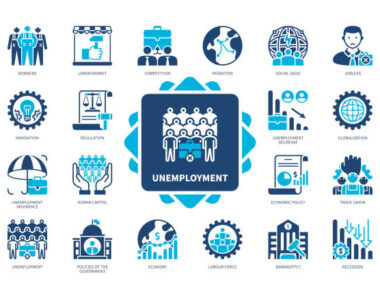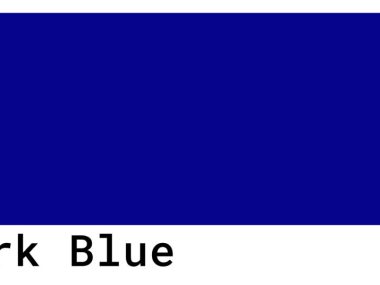What is the main difference between a house and an apartment? The main difference between a house and an apartment is that an apartment is a unit in a larger building, shared with others, while a house is a standalone building, usually with its own yard.
An apartment is usually rented. Maintenance of common areas is handled by a landlord or management, while a house is usually owned. You handle all maintenance and repairs.
Differences Between a House and an Apartment
House:
- Ownership: The buyer is the sole owner, responsible for taxes and maintenance.
- Freedom: The owner has full control over the property, including renovations and modifications.
- Maintenance: The owner is responsible for repairs, lawn care, and snow removal.
- Cost: Houses are more expensive but provide long-term ownership and inheritance potential.
- Privacy: Offers more privacy compared to apartments.
Apartment:
- Ownership: Owned by the landlord, who leases the unit to tenants.
- Limitations: Tenants can’t make modifications without the landlord’s permission.
- Maintenance: The landlord handles property taxes and upkeep of common areas (e.g., stairs, elevators).
- Cost: Generally more affordable, with shared costs for amenities like pools and terraces.
- Privacy: Less privacy than a house but access to shared spaces and amenities.
A house or an apartment: which one is best?
The choice between a house and an apartment depends on personal preferences and priorities. A house offers greater privacy, control, and long-term ownership but comes with higher costs and more responsibilities for maintenance.
On the other hand, an apartment provides a more affordable living option with less responsibility for upkeep and access to shared amenities but lacks the same level of privacy and freedom to modify the space.
Conclusion
The main difference between a house and an apartment lies in ownership, space, maintenance responsibilities, and privacy. A house offers more privacy, independence, and control over the property, allowing for modifications and long-term investment, but it also involves higher costs and greater responsibility for upkeep.





